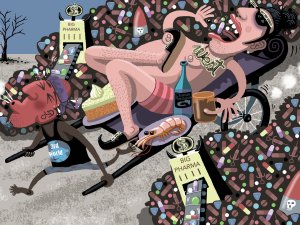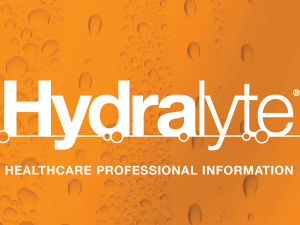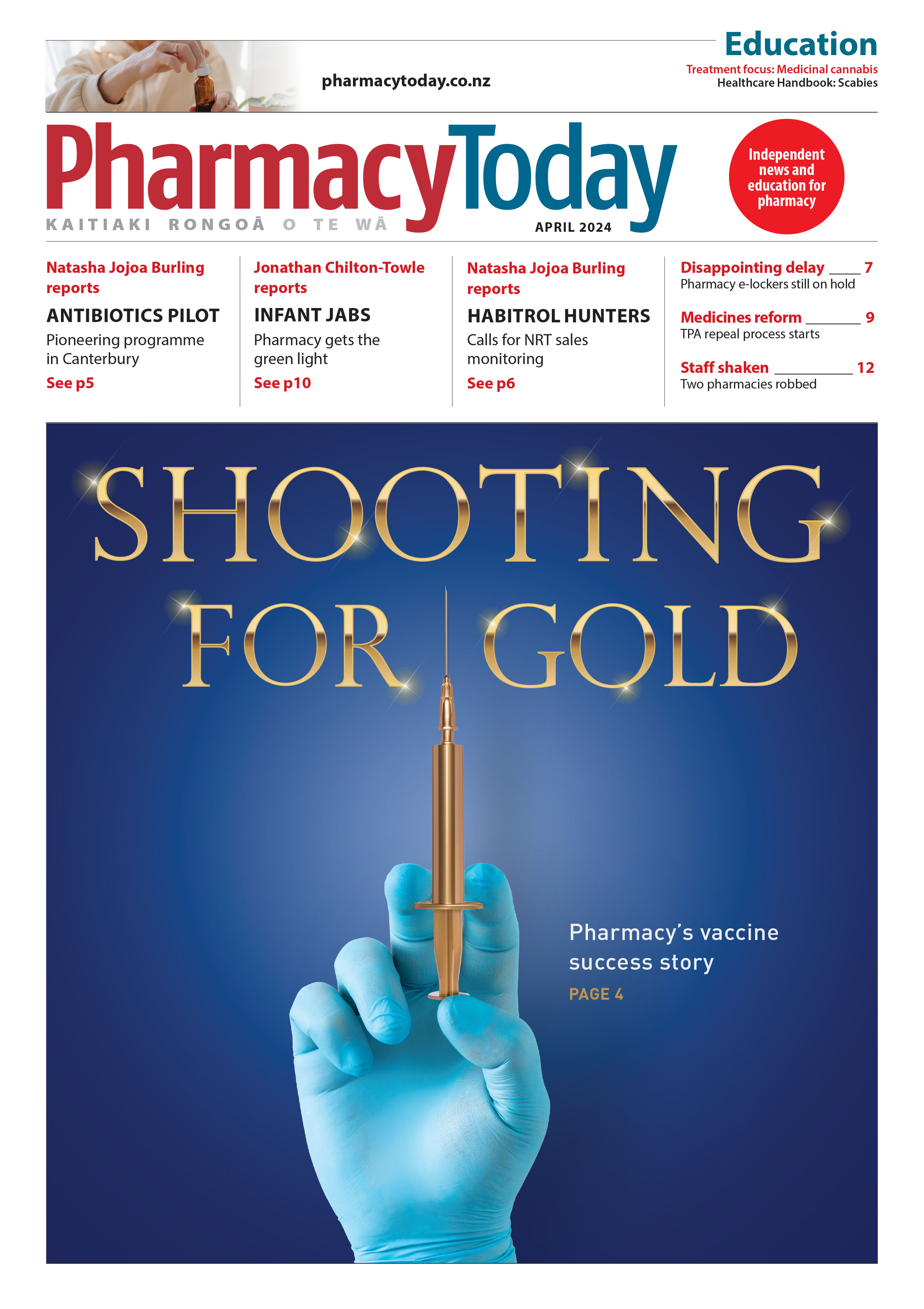In this article, Sue Frankland looks at the global problem of wastage of medications, including causes such as overprescribing and non-adherence. She also presents information from her master’s dissertation on how people understand, and respond to, medication expiration dates
Report another red flag for children’s respiratory health
Report another red flag for children’s respiratory health

The State of Child Health report released by Cure Kids last week provides yet more compelling evidence that action is needed now to improve the worsening state of Kiwi kids’ respiratory health says the Asthma and Respiratory Foundation NZ (ARFNZ).
The report found that respiratory conditions remain the leading cause of acute admissions to hospital for New Zealand children, and that since 2000 the rate of hospitalisations for children with severe respiratory conditions has continued to increase.
The findings echo those found in ARFNZ’s report on the impact of respiratory disease in New Zealand released last year. "The Cure Kids’ report confirms what we know about the worsening inequity of respiratory disease particularly amongst Māori and Pasifika children, and those children living in poverty. However, it also points to how we can change this," explains Dr David McNamara, respiratory paediatrician at Starship Hospital and member of ARFNZ’s scientific advisory board.
"All four areas tracked by the State of Child Health report (dental disease, respiratory conditions, rheumatic fever and rheumatic heart disease, and skin conditions) showed an increase between 2000 and 2010. However, after this time the figures related to rheumatic fever and skin conditions began to change, thanks to a government-funded prevention programme."
"This finding offers hope. It shows that with co-ordinated, dedicated effort the impacts of serious illnesses can be reduced. We now need that effort to be applied to respiratory diseases like asthma and bronchiectasis."
ARFNZ Chief Executive Letitia Harding says the Foundation wants to see immediate practical solutions implemented to reduce the rate as respiratory disease, as well as the adoption of a National Respiratory Strategy. "We need a strategy to guide a co-ordinated approach to respiratory care across the country to ensure regional inequity is addressed," she explains.
"In terms of more immediate action, we see huge potential in utilising community pharmacies in providing vital education and medicine management services to families. Parent and child education is key in ensuring that respiratory illnesses are well-managed and community pharmacies are perfectly positioned to offer this service," says Ms Harding.
The Foundation hopes that with the establishment of Health NZ and the Māori Health Authority new funding will be available to address respiratory health. "We will continue to report on inequity in respiratory health and hold Health NZ to account if these ongoing disparities are not addressed," says Ms Harding.





